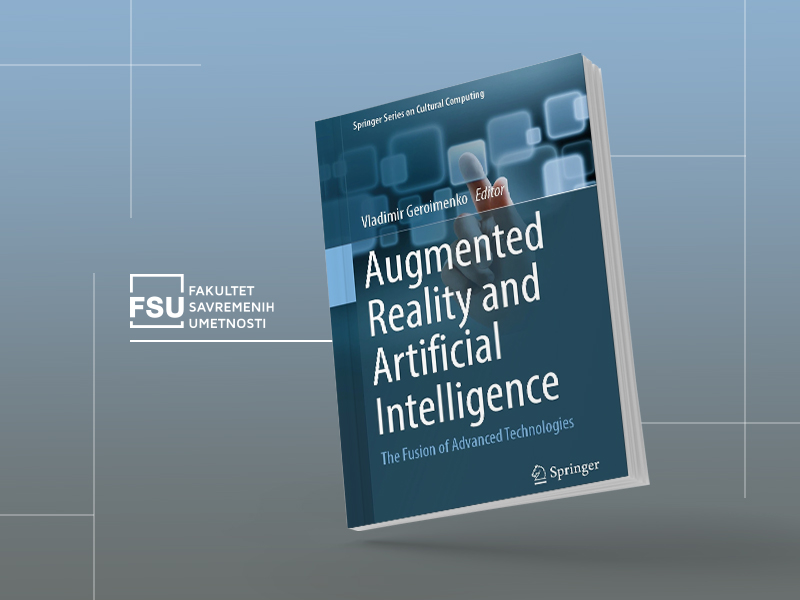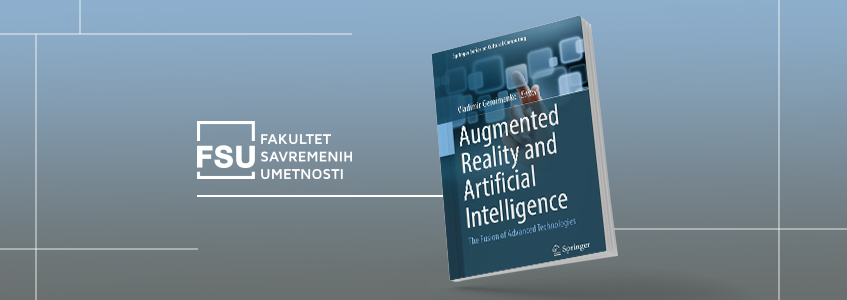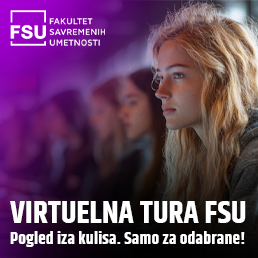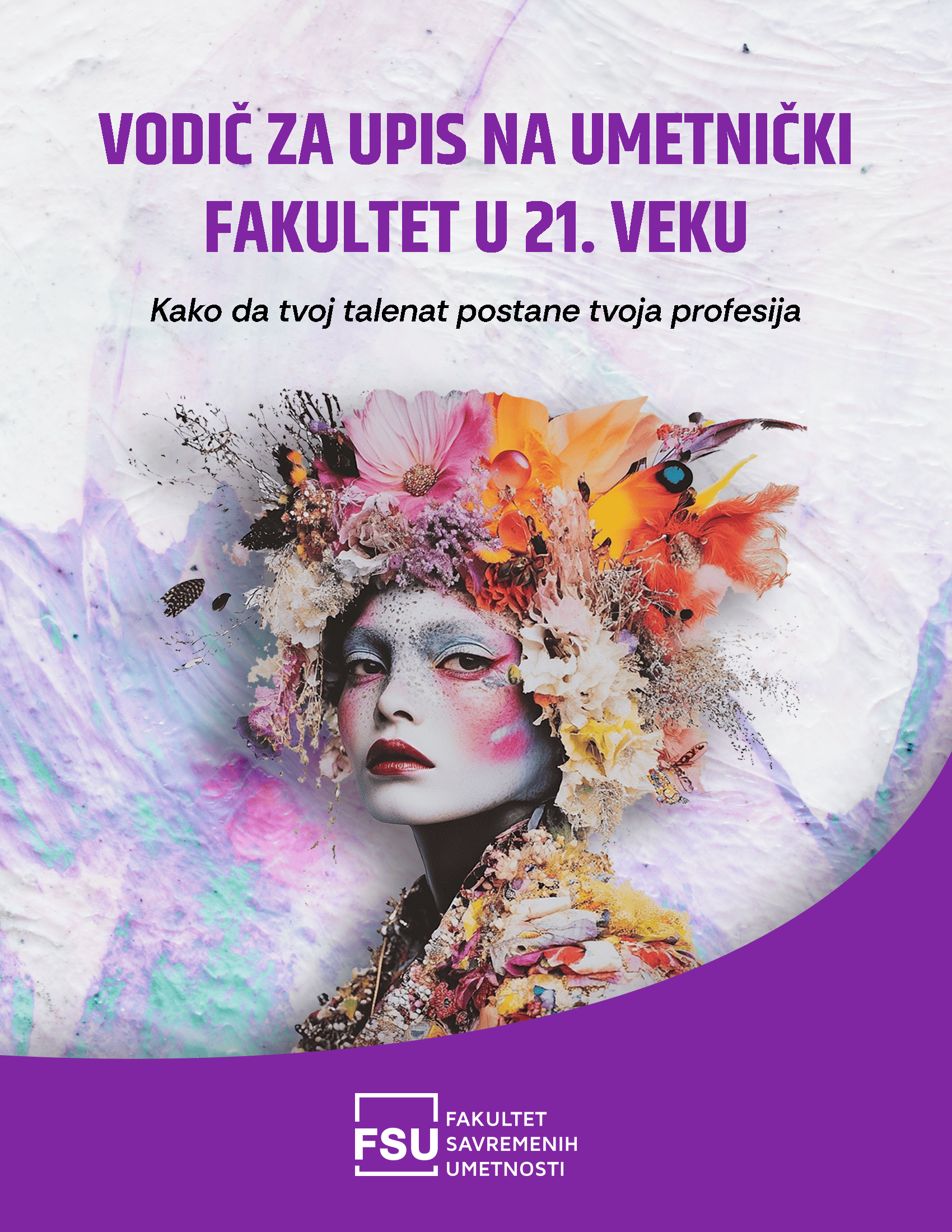
FCA PROFESSORS PUBLISHED CHAPTER IN INTERNATIONAL MONOGRAPH BY PRESTIGIOUS PUBLISHER
Andjela Petrovic / / News / 5. 05. 2023.
Faculty of Contemporary Arts professors Milena Ilić and Valentin Kuleto have published a chapter titled “Artificial Intelligence, Machine Learning, and Extended Reality: Potential Problem Solvers for Higher Education Issues” in the monograph “Augmented Reality and Artificial Intelligence“, published by the prestigious publisher “Springer“.

DESCRIPTION OF THE MONOGRAPH “AUGMENTED REALITY AND ARTIFICIAL INTELLIGENCE”
This book is the first research monograph that explores the new field of research and practical application resulting from the combined use of two of the most advanced and powerful technologies available in today’s world – artificial intelligence (AI) and augmented reality (AR). The book was written by 50 researchers and practitioners from 16 countries, enabling a thorough treatment of new or previously unexplored areas.
The authors examine the practical, theoretical, and cultural aspects of areas such as AI-powered AR and AR-enriched AI and their application in a wide range of other fields, such as education, medicine, healthcare, dentistry, pharmacy, active lifestyles, smart services, fashion, retail, recommendation systems, and several others.
“Augmented Reality and Artificial Intelligence: The Fusion of Advanced Technologies” is essential reading not only for researchers, practitioners, and developers but also for students (both graduates and undergraduates) and anyone interested in contributing to a comprehensive understanding of new areas such as intelligent augmented environments and artificial intelligence presented through augmented reality.
DESCRIPTION OF THE CHAPTER “ARTIFICIAL INTELLIGENCE, MACHINE LEARNING, AND EXTENDED REALITY: POTENTIAL PROBLEM SOLVERS FOR HIGHER EDUCATION ISSUES”
This chapter explores the potential of new digital technologies and innovative tools in addressing issues in higher education. Higher education institutions in Serbia and Romania have faced dramatic challenges in building a resilient educational system defined by solid cross-sectoral competencies in line with market demands. Some changes result from approved reforms in the EU, the implementation of new technologies, and applied teaching and learning methodologies. Key technology examples include massive open online courses and online learning platforms, artificial intelligence, machine learning, augmented reality, and blockchain. Examples of innovative teaching techniques include problem-solving, games, interactive teaching, transversal competence development, and knowledge transfer. A targeted and well-structured approach to agile management within higher education has helped meet some of the needs of the educational market, highlighting the potential to address internal injustices. The chapter focuses on the survey method, which was used to assess the opinions of students from the Faculty of Information Technology in Belgrade (Serbia) and Spiru Haret University in Bucharest (Romania). Students participated in the research to learn more about their knowledge of augmented reality, machine learning, and artificial intelligence, as well as their capabilities in overcoming these challenges and the potential use of these tools.
Congratulations to our professors, and we are proud that their work has been recognized in the international academic community!
 |
Registration IS open. |
| APPLY AND BECOME PART OF THE CLASS OF 2025/26 » |




